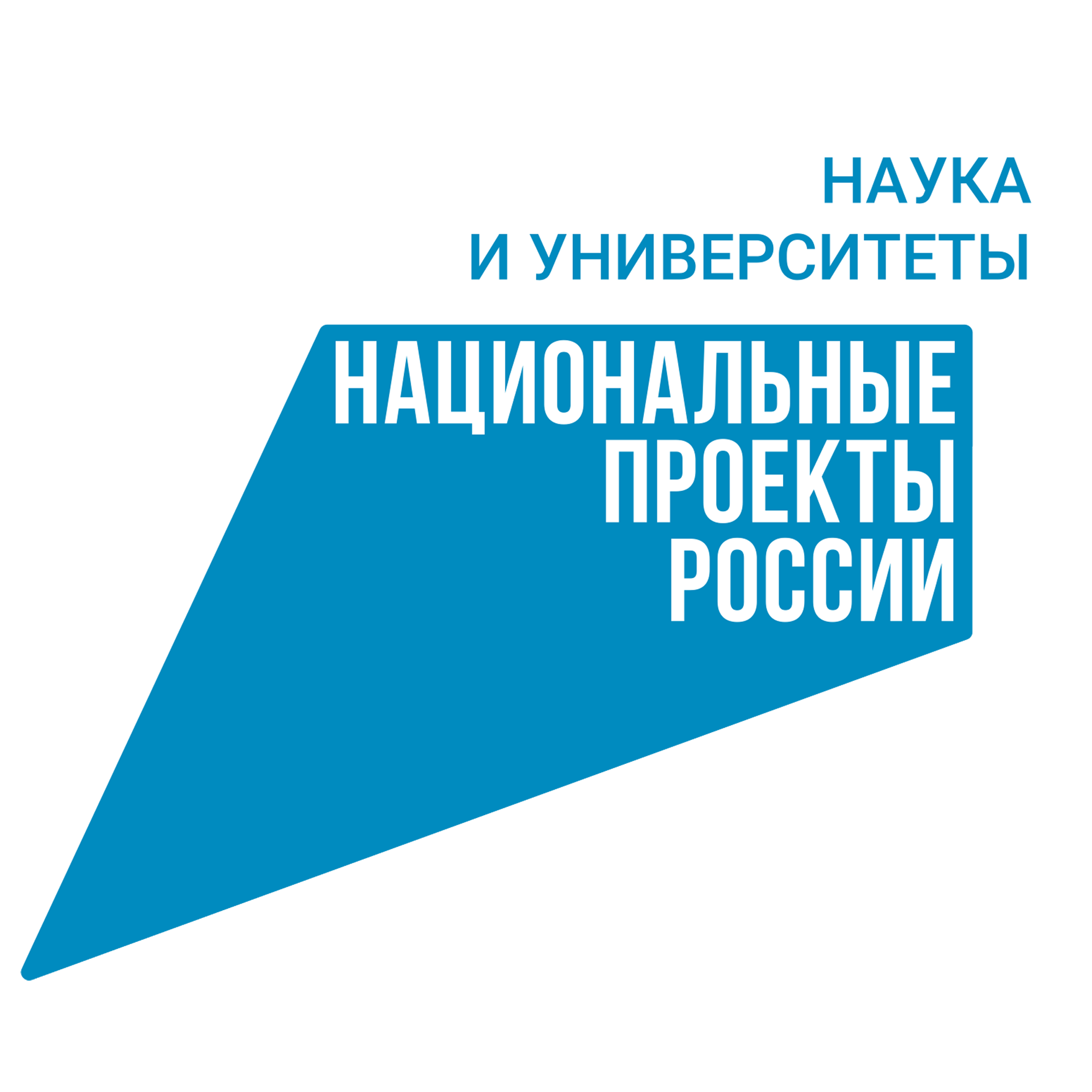Revisiting The First International Congress of Africanists in a Globalised World
REVISITING THE FIRST INTERNATIONAL CONGRESS OF AFRICANISTS IN A GLOBALISED WORLD
October 24-26, 2013
INSTITUTE OF AFRICAN STUDIES, UNIVERSITY OF GHANA
LEGON CAMPUS

African Studies has certainly come a long way since the establishment of the Institute of African Studies at the University of Ghana in 1961; it was at the time one of a few such institutes on the African continent. At its formal opening by Ghana's first president, Dr. Kwame Nkrumah, in October 1963, the President defined the mandate for Africanists in his the African Genius. In that speech he exhorted the distinguished guests, the fellowship of the Institute, and Africanists as a whole, inter alia, as follows:One essential function of this Institute must surely be to study the history, culture and institutions, languages and arts of Ghana and of Africa in new African centred ways ... By the work of this Institute, we must re-assess and assert the glories and achievements of our African past and inspire our generation, and succeeding generations, with a vision of a better future.
The year 1962 saw the University of Ghana host the first International Congress of Pan Africanists. The roll call of the invited guests and participants is a reflection of the status of the discipline and the importance of the congress agenda. The congress was chaired by the late Prof. Onwuka Dike, the first African Vice-Chancellor of the University of Ibadan. It can be recalled that Dike noted two important strands for Africana scholars that retain salience half a century later. At the 1962 congress he remarked as follows:[...] But the African continent stands for [...] particular ways of life, particular solutions to the problems of human survival ... particular responses to the human dilemma. ... African Studies will be the means to the achievement for the African of a greater self-respect, the means to the creation of a surer African personality in the face of the modern world.
Dike's foremost concern, however, was how scholars on the continent, primarily, but also those in the Diaspora, would mobilise themselves into a team to coordinate resources towards the study of the continent and its peoples, and we might add, its Diasporas. He considered the task to be urgent. Sadly, the place of that meeting in helping to define the discipline of African Studies in Africa, especially, but also in her Diasporas and beyond, has largely been neglected. And so it is that the 2013 conference seeks to assess and also celebrate the journey travelled so far, including the academic achievements of some of our foremothers and forefathers, and in the process chart a course for the future.
The IAS is thus hosting an international conference that will bring together scholars, practitioners and activists to revisit the 1962 congress, reflect on the largely unfinished business that lies before us, and strategise on the way forward and in so doing bring our diverse strengths and experiences together for a new Africa.
Details for Abstract
Submission
The International Conference on African Studies, taking place at the University of Ghana, Accra, Ghana, October 24th – October 26th, 2013 on the theme "Revisiting the First International Congress of Africanists in A Globalised World" invites proposals for panels and individual papers.
Deadline for Proposal submissions: 17th April, 2013x
Proposals should consist of:
Title
Abstract – 200 words maximum
Conference language: English
Submission via web: Abstracts should be sent to the following address - iasconference@ug.edu.gh
Notification of acceptance: 28th June, 2013
Deadline for submission of complete papers online: 4th September, 2013
Panel and individual papers on the under listed themes and their sub-themes are invited.
Panels/presenters are however not restricted to the listed sub-themes and are welcome to present on other related topics. For further enquires please send an email to iasconference@ug.edu.gh.













